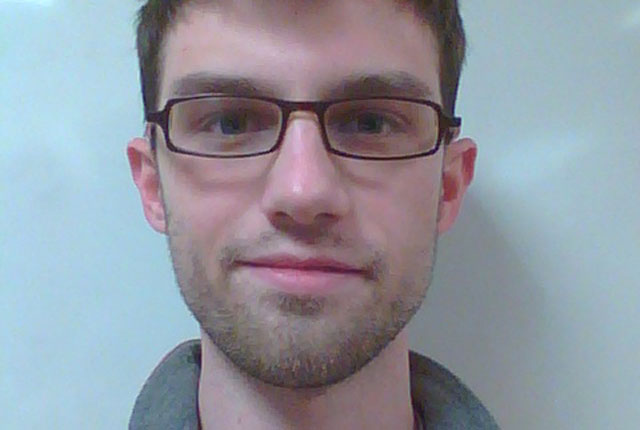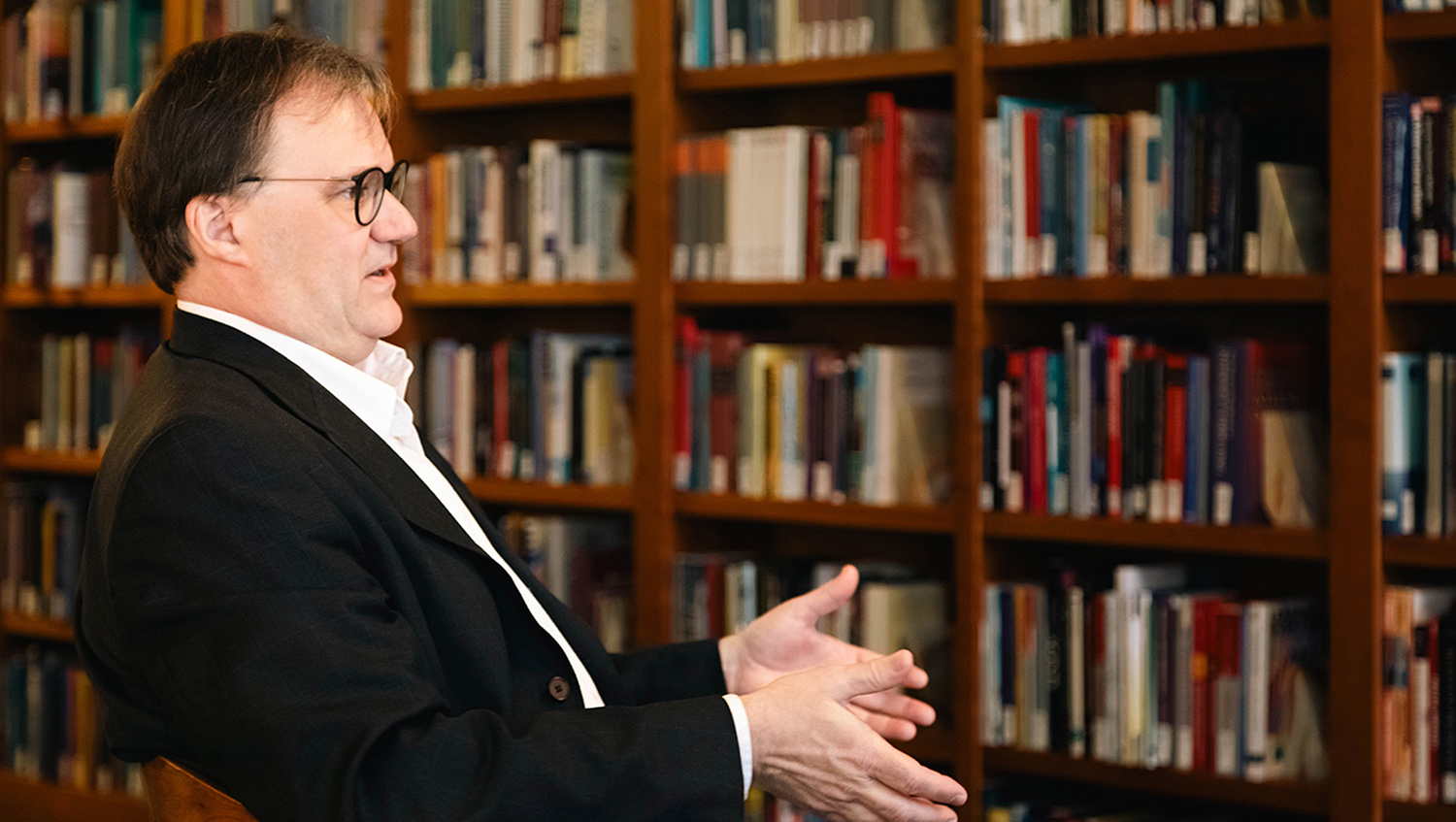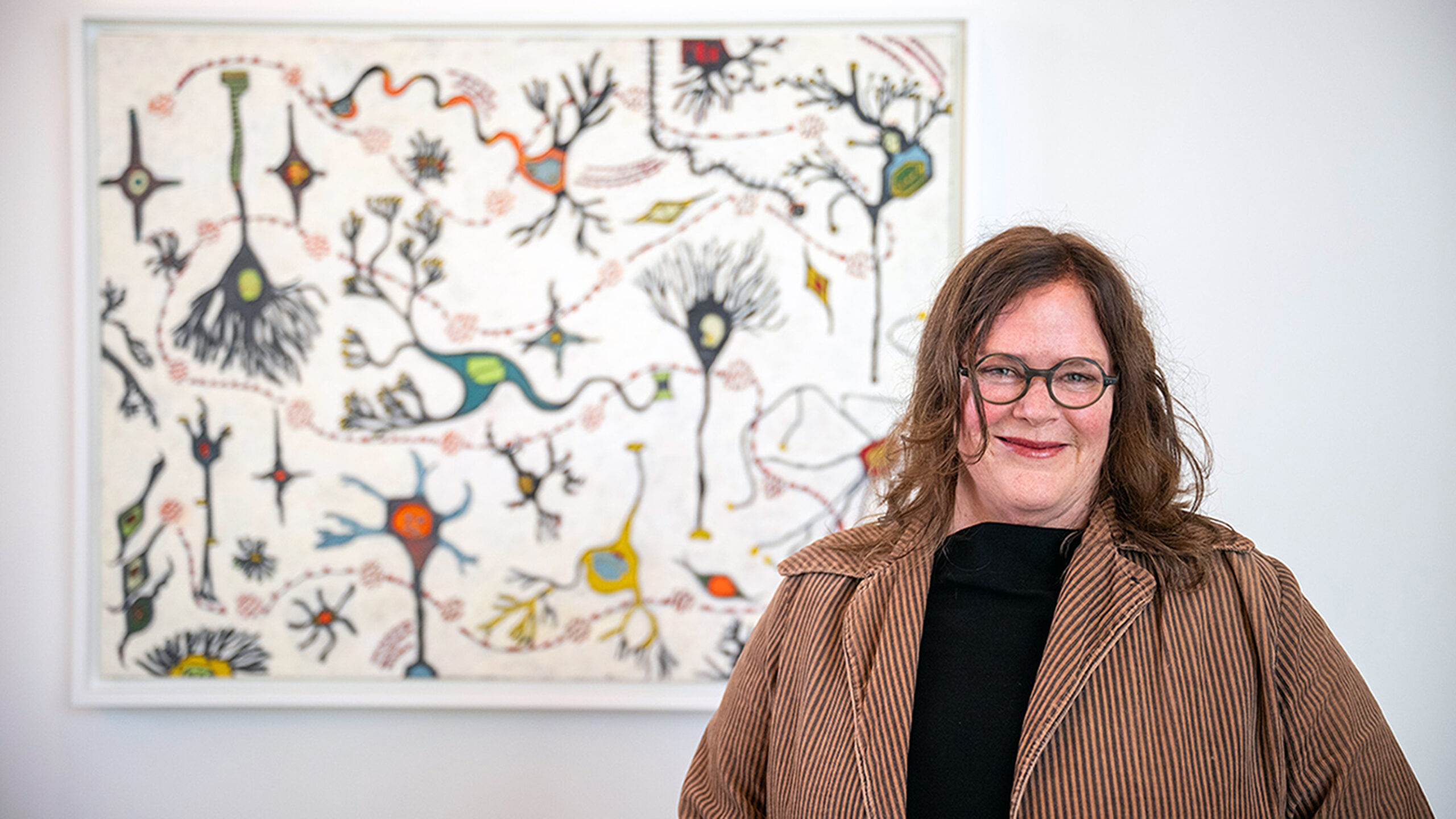Student’s Time Travel Research Explores Notions of Possibility


Research can deepen students’ passion for a subject, challenging them to search for answers to complex questions. It permits students to be creators of knowledge, and not simply recipients of past ideas. This Q&A explores the role research can play for CHASS undergraduates.
Gray Maddrey is a senior who is majoring in philosophy. He was intrigued by the concept of time travel, and set out to explore it more in depth.
What or who sparked your interest in this research?
Last Spring I took PHI 330 (Metaphysics) with John Carroll. At the end of the course, the class was given the opportunity to comment on one of John’s projects relevant to the course. He liked my comments and asked whether I would like to work on the project with him. I was excited by the prospect and eagerly agreed.
Could you describe the research?
The project is concerned with the possibility of backwards time travel. While physicists may one day discover whether backwards time travel is actual, we are left in the meantime to conduct, as it were, thought experiments—to tease out the logical consequences of our ideas to see whether they make any sense. I’ve been a part of this project for almost a year, the results of which are forthcoming. As part of a long philosophical tradition, they will be available in the form of a dialogue.
How does your research relate to your major, career goals, and personal interests?
In general, I’m interested in the notion of possibility, the relationship between possibility and conceivability, as well as the limits of the imagination. These are things with which I struggle and will continue to struggle, especially as I begin my PhD next semester. Taking them on in the context of time travel has been particularly difficult and fruitful.
What are some things you have learned?
Doing philosophy often has its way of making one come to terms with inconclusiveness. Even on the eve of the dialogue’s publication, I don’t have any established views on the possibility of backwards time travel. But that’s okay. Broadly construed, philosophy is concerned with making sense of ourselves, the world, and our relationship with the world. It’s not the kind of thing that can be finished, and we shouldn’t wish that it were.
What have some of the challenges been?
Writing a philosophical dialogue is no walk in the park. One tries to create characters with realistic personalities who have believable conversations, as well as to write with an irregular clarity about things rarely discussed. These are hard enough to do separately.
What have some of the rewards been?
As the above may have suggested, philosophy is a quintessentially human activity. In my experience, it’s its own reward. Also, time travel is just a lot of fun. (Check out timetravelphilosophy.net, especially the “must-see movies” section, to see for yourself.)


